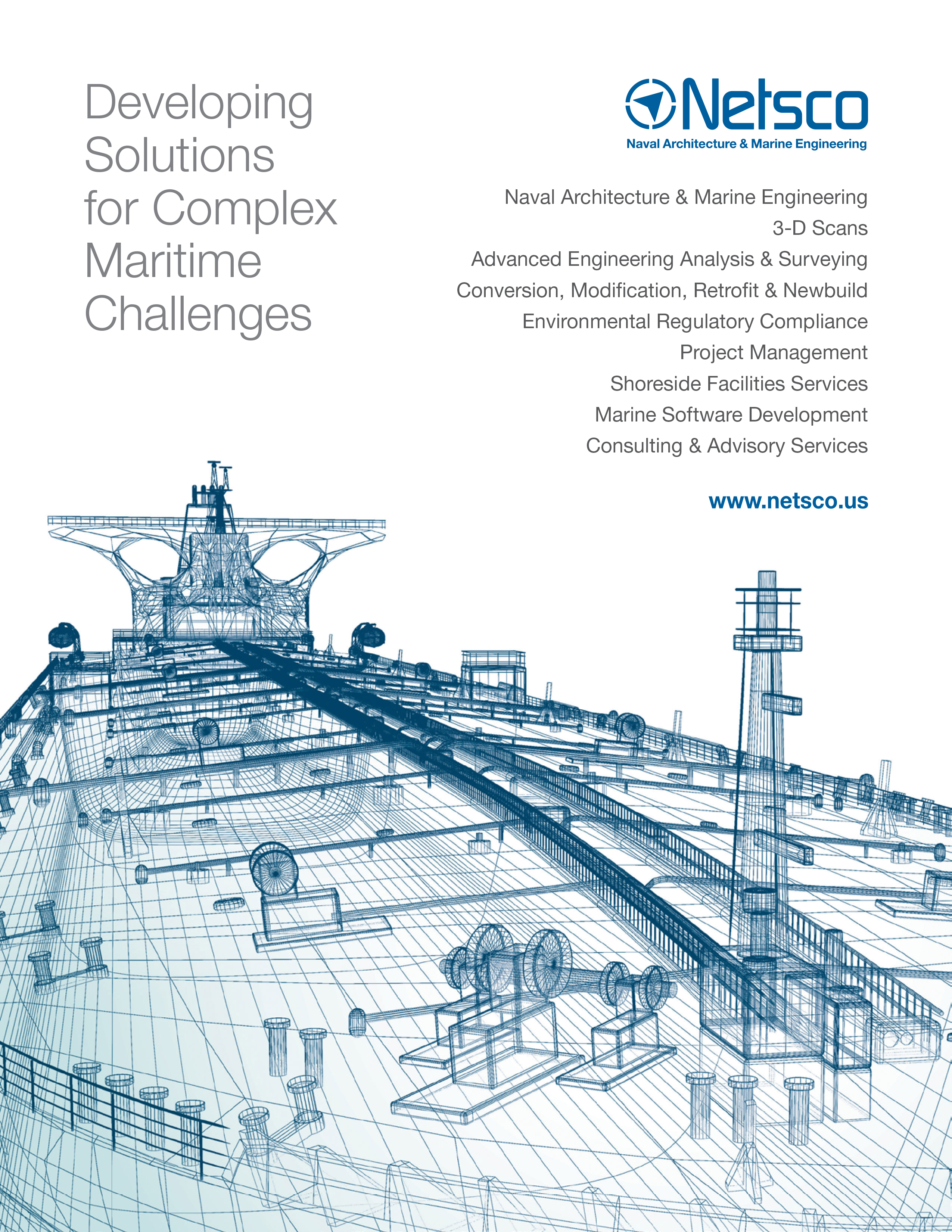The United States (US) House of Representatives and Senate passed the US Coast Guard Authorization Act of 2017, which includes the VIDA. Once this legislation is signed into law by the President, it will change how ballast water, and other incidental discharges, are regulated in the United States.
 According to the Senate Republican Policy Committee’s executive summary on the bill, “VIDA provides for a uniform, national standard to govern discharges that are incidental to vessel operations, such as ballast water discharges. It makes the Environmental Protection Agency (EPA the lead for establishing these standards, and it makes the Coast Guard the lead for monitoring and enforcing the standards.”
According to the Senate Republican Policy Committee’s executive summary on the bill, “VIDA provides for a uniform, national standard to govern discharges that are incidental to vessel operations, such as ballast water discharges. It makes the Environmental Protection Agency (EPA the lead for establishing these standards, and it makes the Coast Guard the lead for monitoring and enforcing the standards.”
Debra DiCianna, Senior Compliance Engineer at Choice Ballast Solutions further stated, “The EPA has a two-year period to promulgate the regulation. The USCG may review and has a 60-day window to concur with the regulation. Until the final regulations are promulgated, the 2013 Vessel General Permit (VGP) shall remain in force and effective. The new regulations being promulgated cannot be less stringent that the 2013 VGP or USCG BWM regulations.”
VIDA also states the USCG must take into account ballast water discharge standards that include organisms that are nonviable and must consider MPN test methods to evaluate organism viability in their USCG Type Approval for ballast water treatment systems.
VIDA continues some allowance for states and regions to set, administer, and enforce vessel pollutant discharges. For example, the bill provides certain exemptions from ballast water exchange requirements – such as the required distance from shore a commercial vessel must be when exchanging ballast water – for vessels operating between ports or destinations in Pacific Coast states or between Pacific Coast states and the pacific coasts of Canada and Mexico. The bill also provides a process for Great Lakes states, working through the Great Lakes Commission, to develop enhanced vessel discharge standards for vessels operating within the Great Lakes System and submit them to the EPA and Coast Guard for approval.1
Alliance for the Great Lakes, Vice President for Policy, Molly Flanagan released a statement, “. . . The shipping industry’s proposals included in prior versions of VIDA would have significantly weakened ballast water regulations and put the Great Lakes at risk. Great Lakes champions in Congress worked tirelessly to substantially improve the bill and protect the Lakes. We applaud their work to protect the Great Lakes. After the President signs this bill, we will keep a close eye on the US EPA and the Coast Guard as they develop and implement new standards for ballast water under the provisions of this legislation. We will fight to ensure the new rules are fully enacted and that the Great Lakes are protected.”
To contact NETSCo Naval Architect and Marine Engineers go to https://netsco.us/contact-us/
1Senate Republican Policy Committee, Coast Guard Authorization Act of 2018 Substitute Amendment to S.140, https://www.rpc.senate.gov/legislative-notices/coast-guard-authorization-act-of-2018-substitute-amendment-to-s140, posted Oct. 17, 2018

